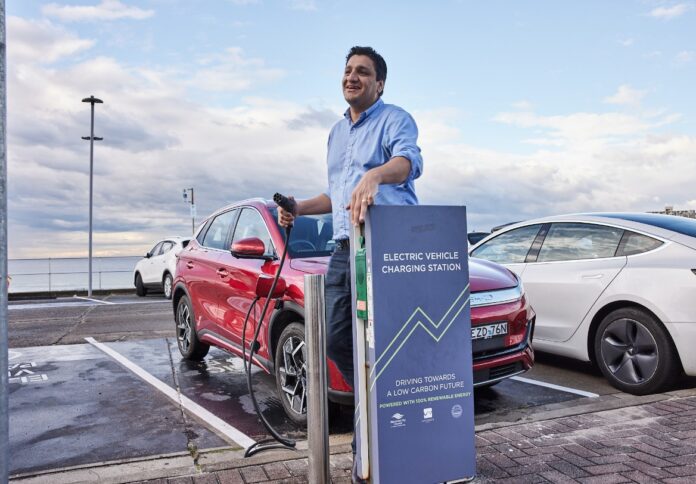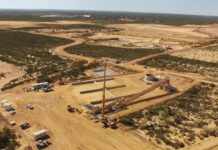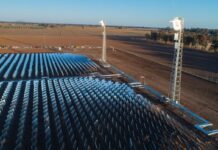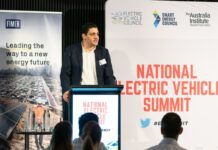
The CEO of the Electric Vehicle Council, Behyad Jafari, has sounded a clarion call for Australia to accelerate its transition to an electric vehicle (EV) future.
In an exclusive interview with “The Business Of,” a podcast from the UNSW Business School, Jafari emphasised the urgent need for stronger policy action to boost Australia’s EV manufacturing industry and mitigate the country’s role as a “dumping ground” for outdated vehicles.
Jafari, whose background is in renewable energy, expressed concerns about Australia’s sluggish progress in the global EV revolution due to past policy inaction and a lack of regulations.
He pointed out that certain car manufacturers have chosen to sell older, less efficient, and less technologically advanced vehicles in Australia, capitalising on the absence of strict regulations.
This practice has placed Australia at risk of falling behind in the transition to cleaner and more advanced transportation technologies.
He further warned that this situation could lead to “perverse outcomes” for Australian car buyers, the local EV industry, and the environment.
The lack of policy direction and regulation has created significant challenges, requiring proactive measures to reverse the hands-off approach to EV investment taken by previous governments.
Jafari highlighted the untapped potential for certain EV components to be manufactured in Australia, creating a skilled workforce he referred to as “purple collar” workers.
He explained, “We absolutely could bring car manufacturing back to Australia at a reasonably significant scale. What we have to understand is that for electric cars, modern-day vehicle manufacturing looks pretty different to how it looked back in the ’50s.
“It’s what we call ‘purple collar.’ It’s technicians, engineers, and people who have reasonably high skills and reasonably high pay,” Jafari noted.
Manufacturers seek accreditation quality and education, which Australia can provide. These advantages position Australia well to re-establish car manufacturing with a focus on electric vehicles.
Jafari’s comments were made as part of The Business Of, a podcast series from AGSM @ UNSW Business School, exploring the role businesses and industry leaders play in addressing climate change.
He expressed optimism about Australia taking more significant steps to encourage EV market growth, such as the current Federal Government’s plan to introduce fuel efficiency standards.
He stated, “I do see a pretty marked change now with this new government in recognising that we do have to intervene, we have to actively make this happen. We are playing catch up in that field because others have been doing more and have been doing more for a lot longer.
Dr Juliet Bourke, a professor of Practice in the School of Management and Governance at UNSW Business School, pointed out that Australia has developed its electric vehicle market without overarching national fuel efficiency standards. However, she noted that these standards are currently being developed.
Jafari and Bourke also discussed the importance of EV infrastructure, particularly for individuals without garages or who need to park their vehicles on the street. While workplaces are beginning to install charging ports, Australia lags behind countries like the UK, which have charging points on nearly every telegraph pole.
Jafari stressed the need for certainty in investment for companies building charging infrastructure. They require clear processes for obtaining permissions, addressing any potential obstacles that could impede the EV adoption process.
Dr Bourke concluded, “It was fascinating to hear about the policy obstacles the electric vehicle industry has faced in its early years from Behyad. It will be interesting to see what the future holds for both Australian car manufacturing and drivers looking to make the switch to electric in the coming years.”




















